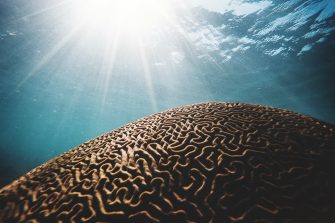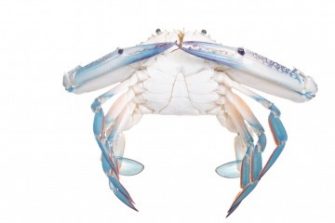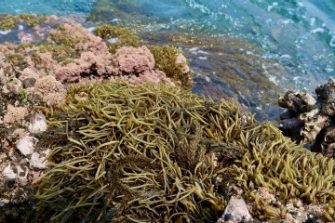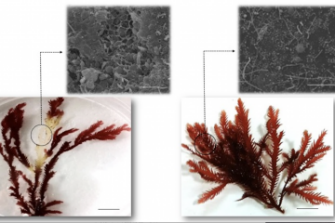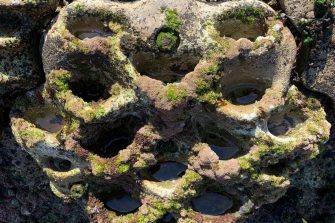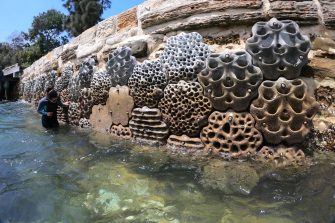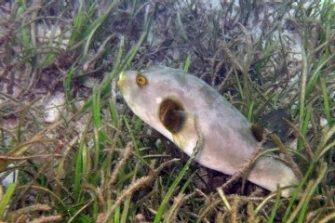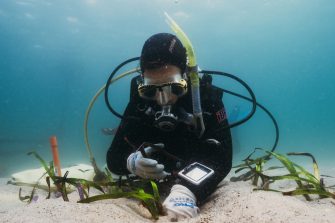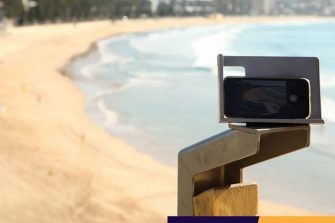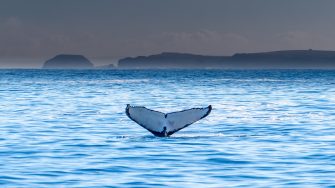
Marine science explores areas of oceanography, ecology, geology and more. It seeks to understand all aspects of the marine environment and how they interact with one another. At UNSW, honours projects in Marine Science research the effects of climate change on marine ecosystems and the habitats of marine life. View our current projects and connect with an honours project supervisor to learn how you can get involved.

